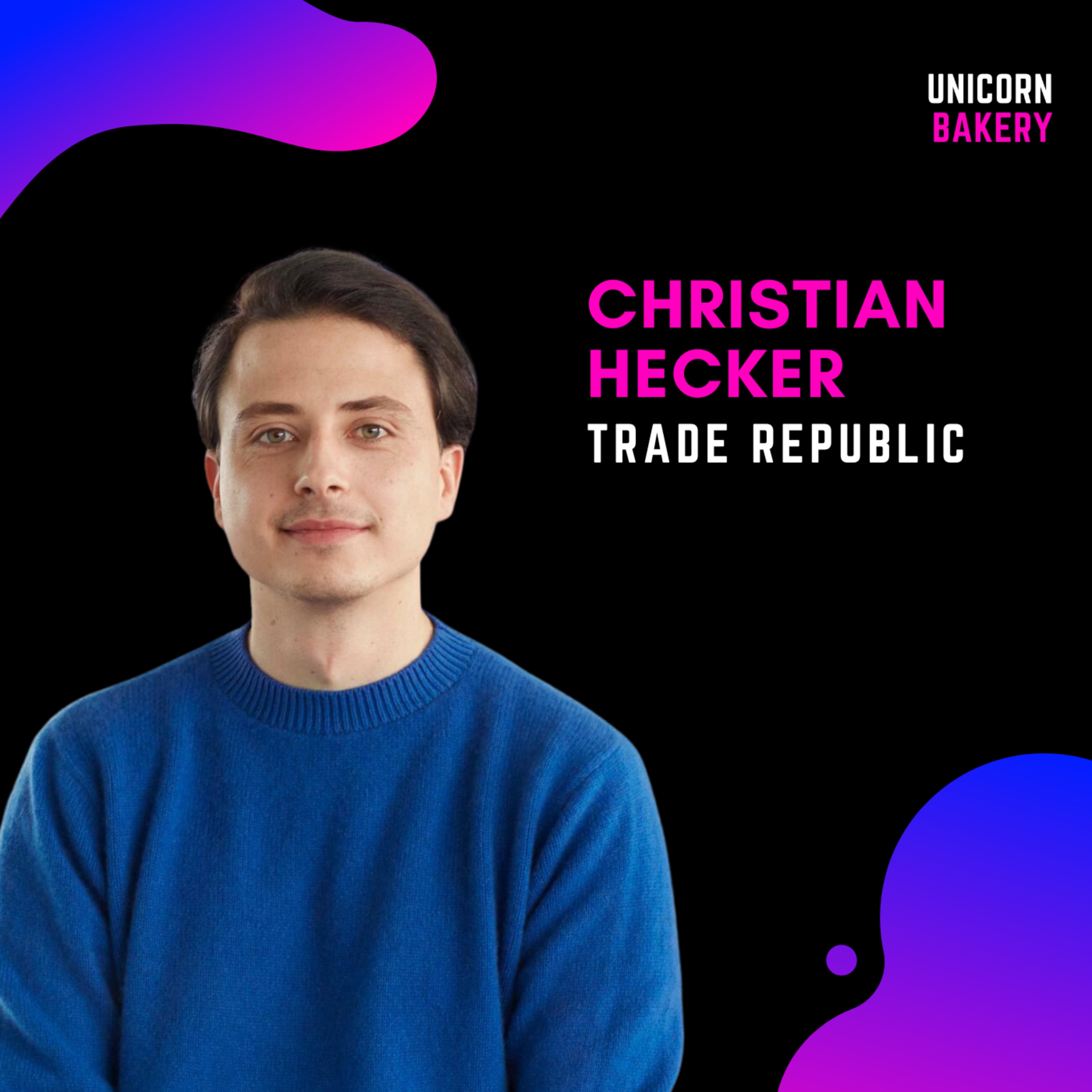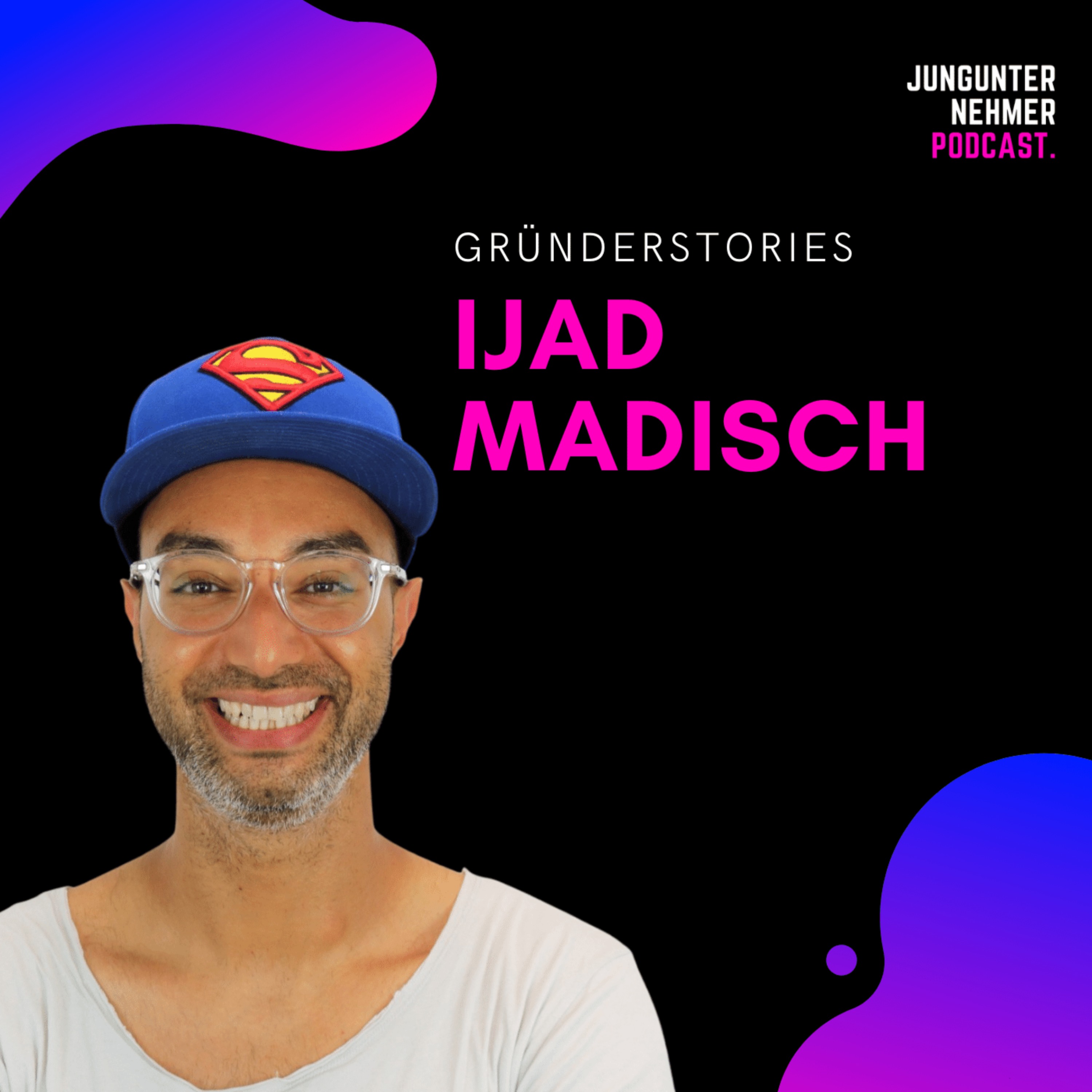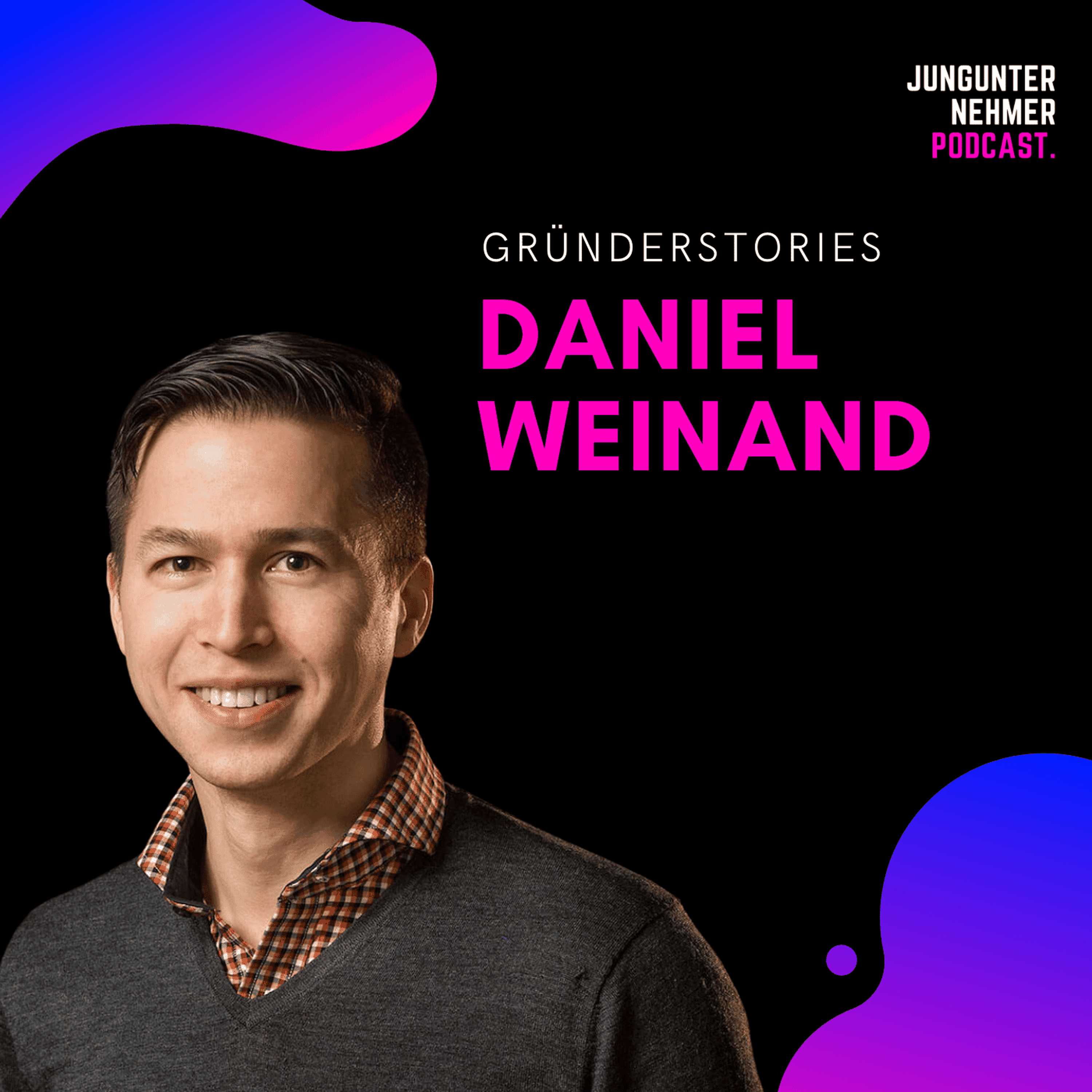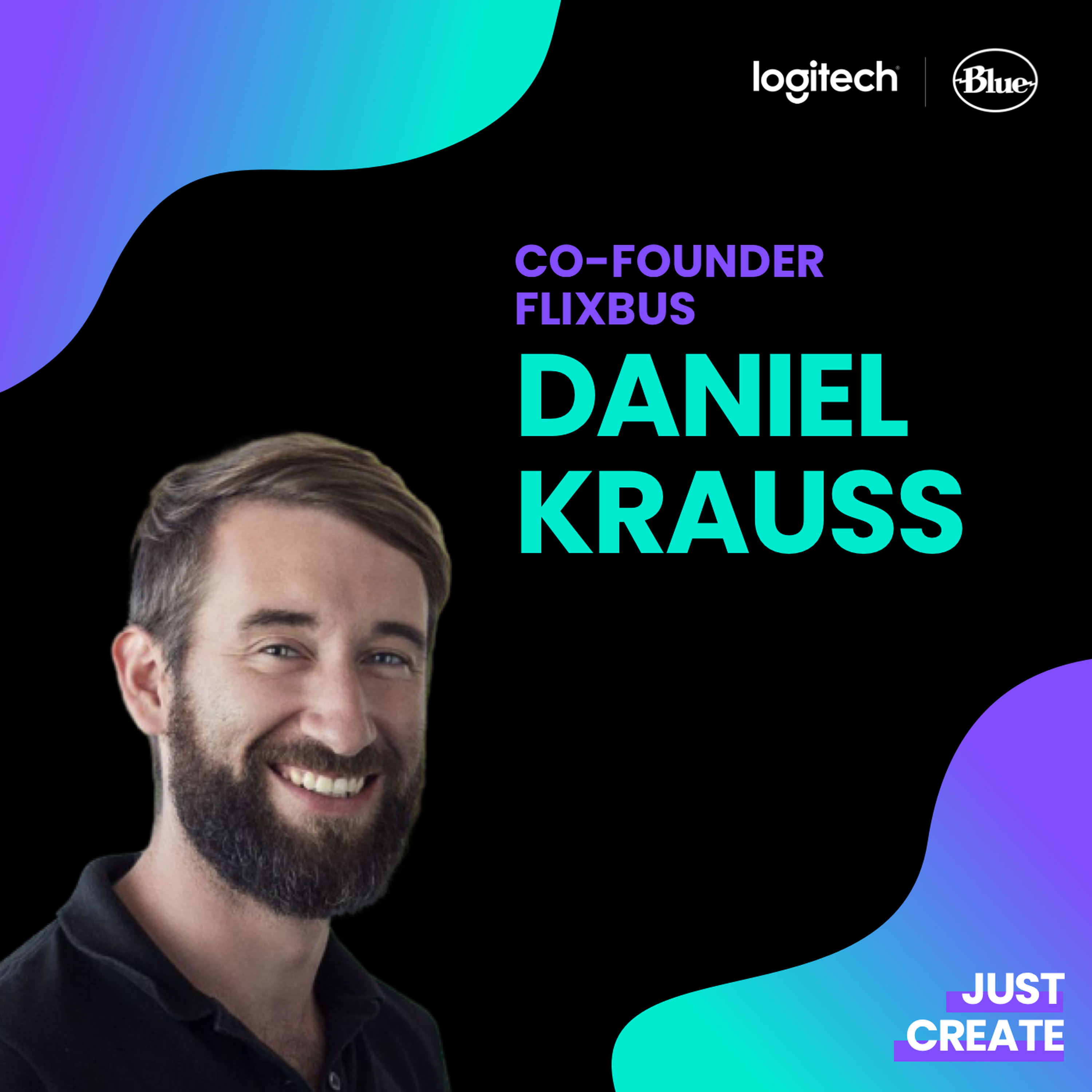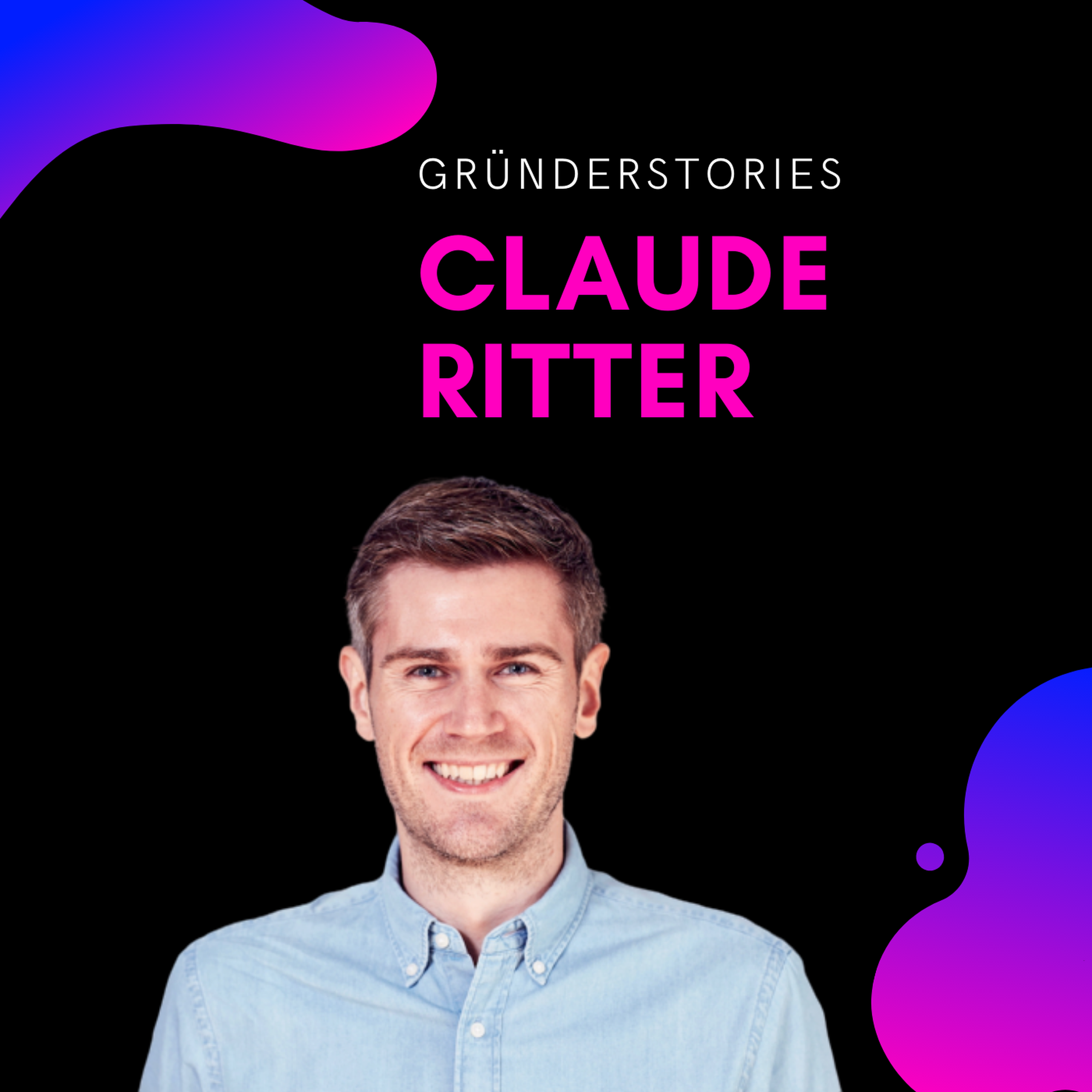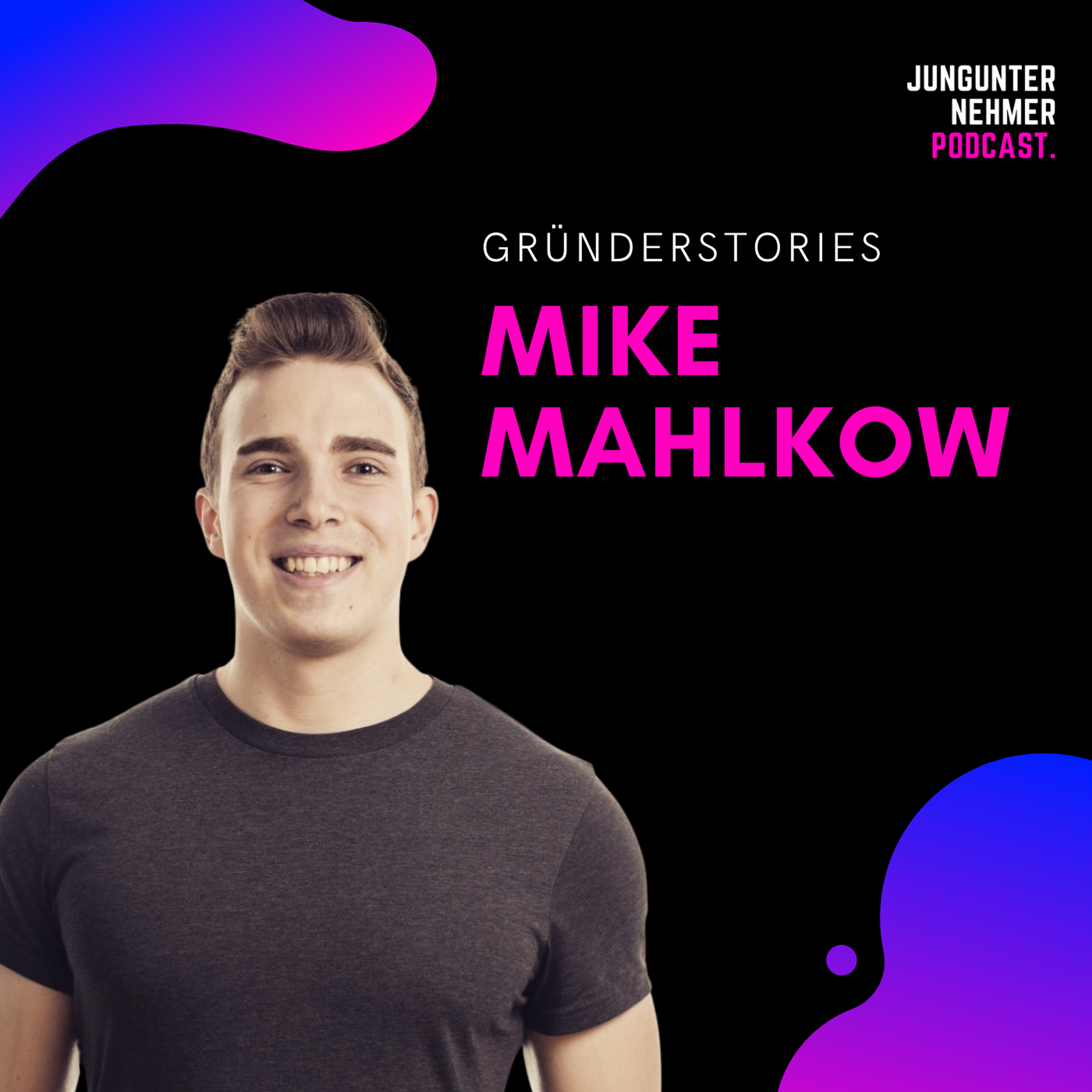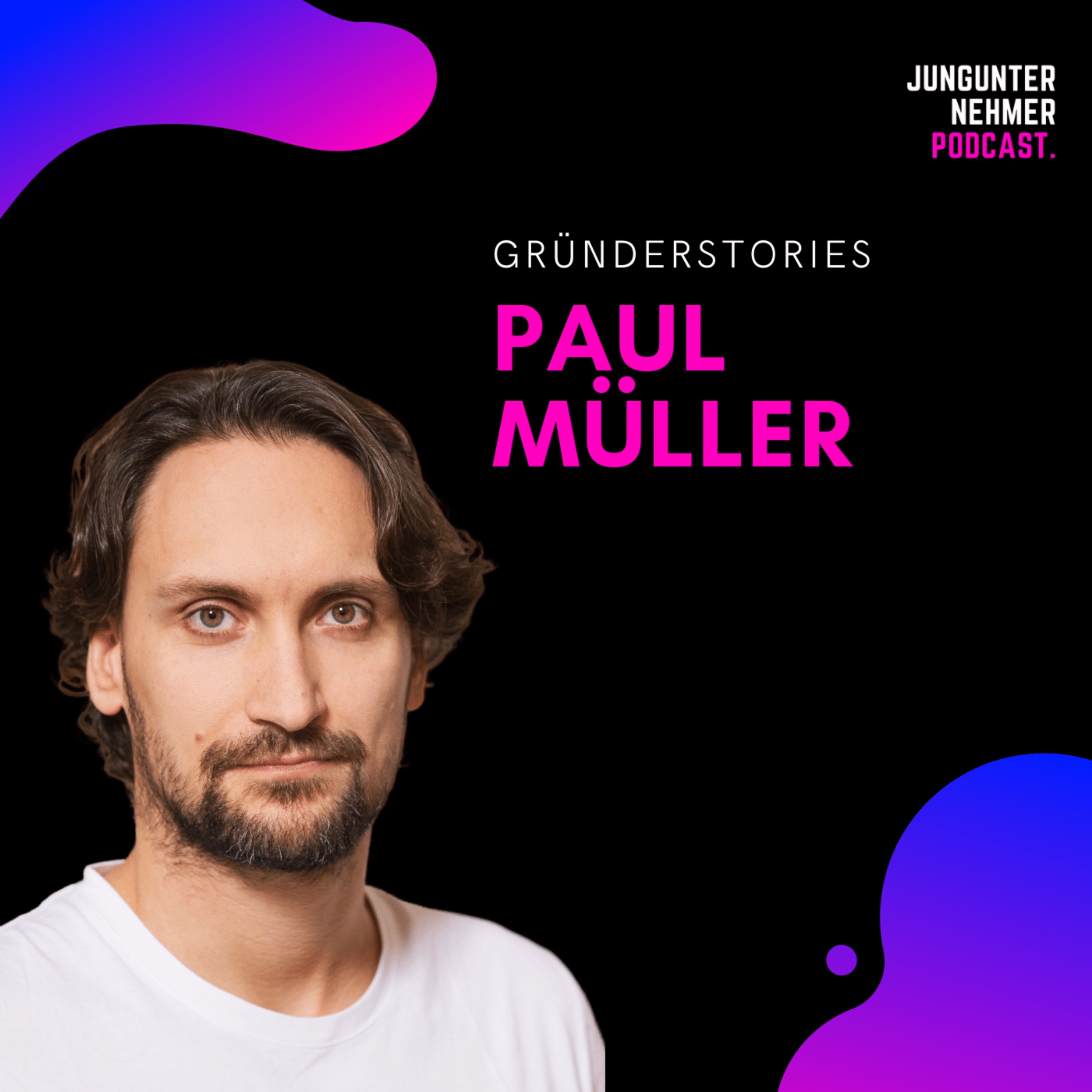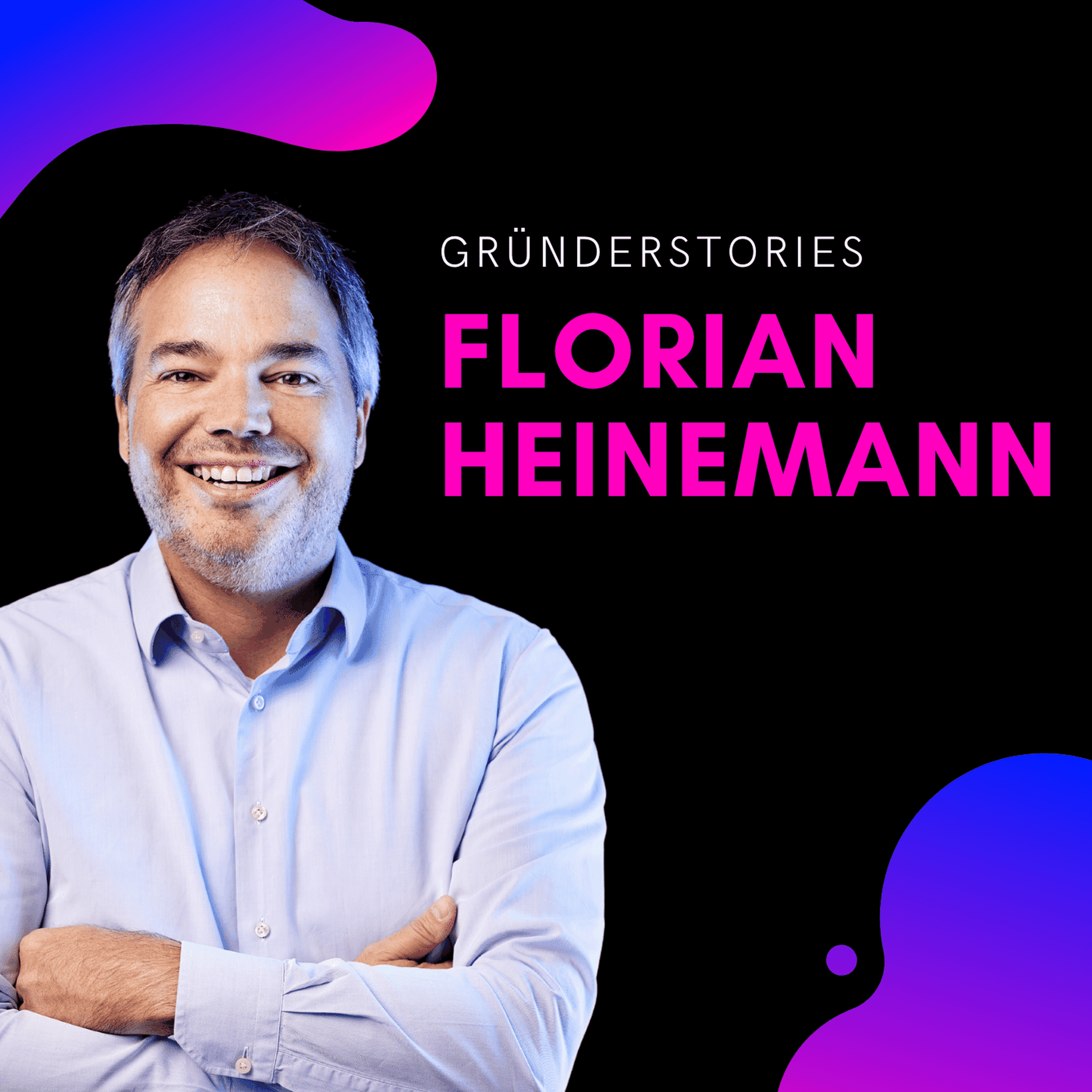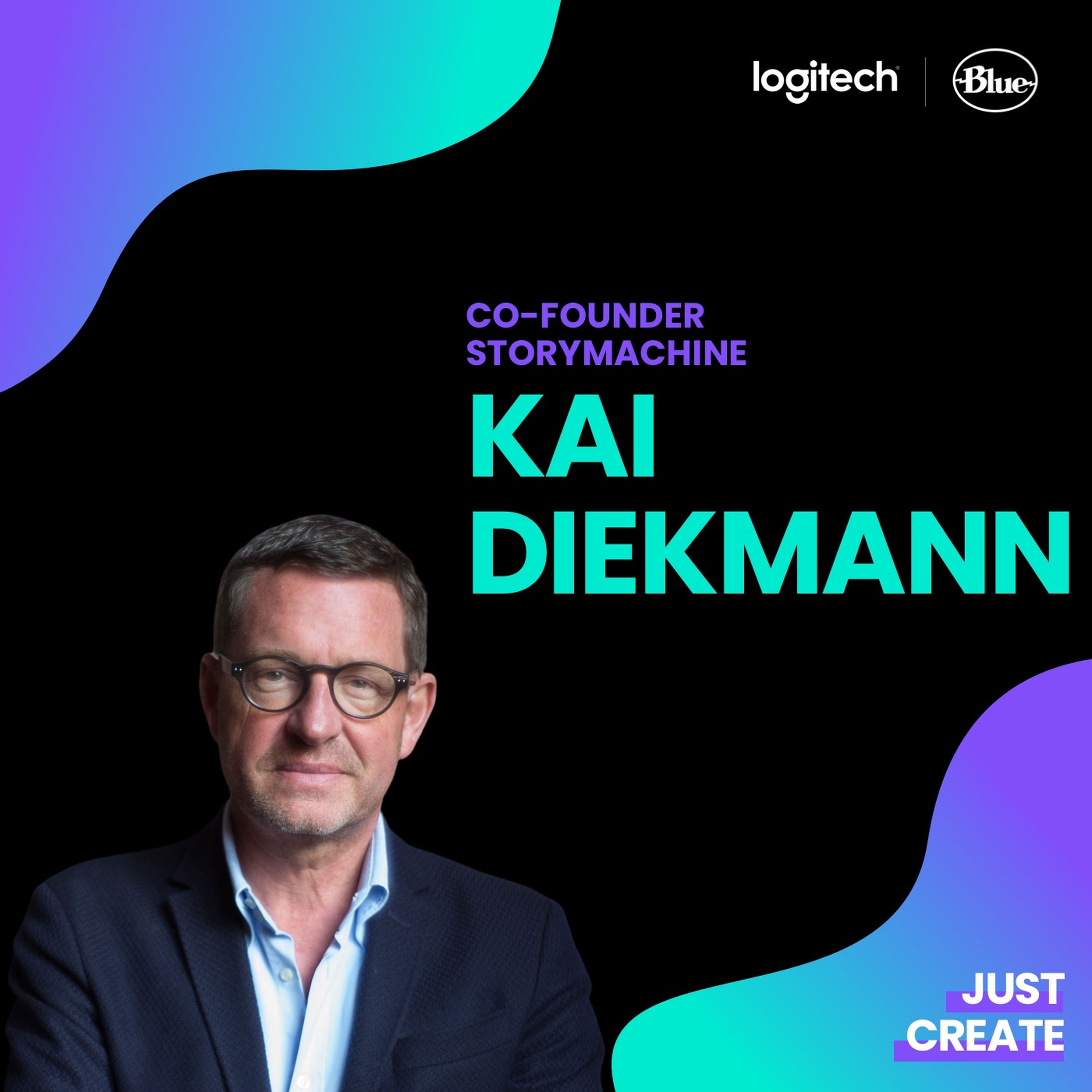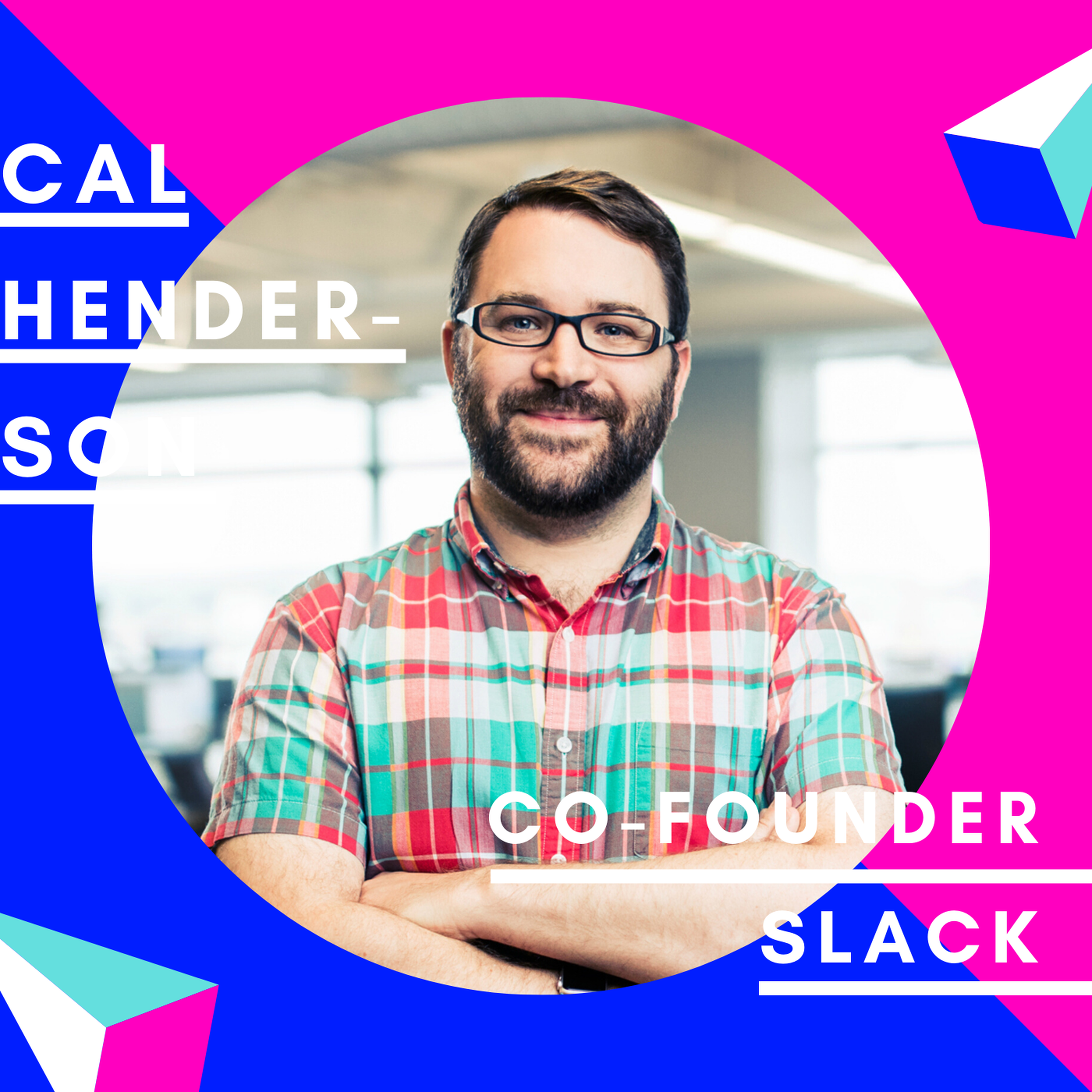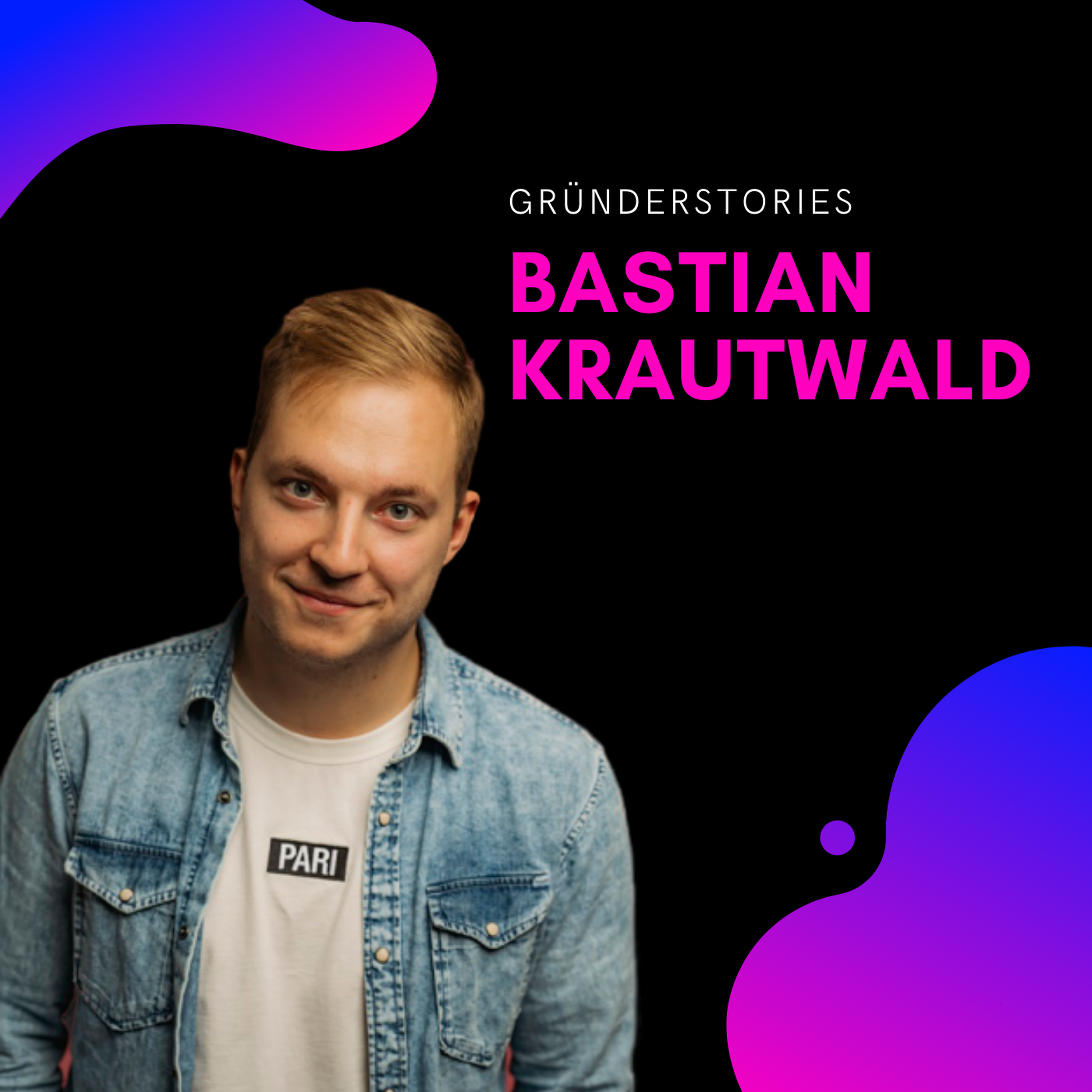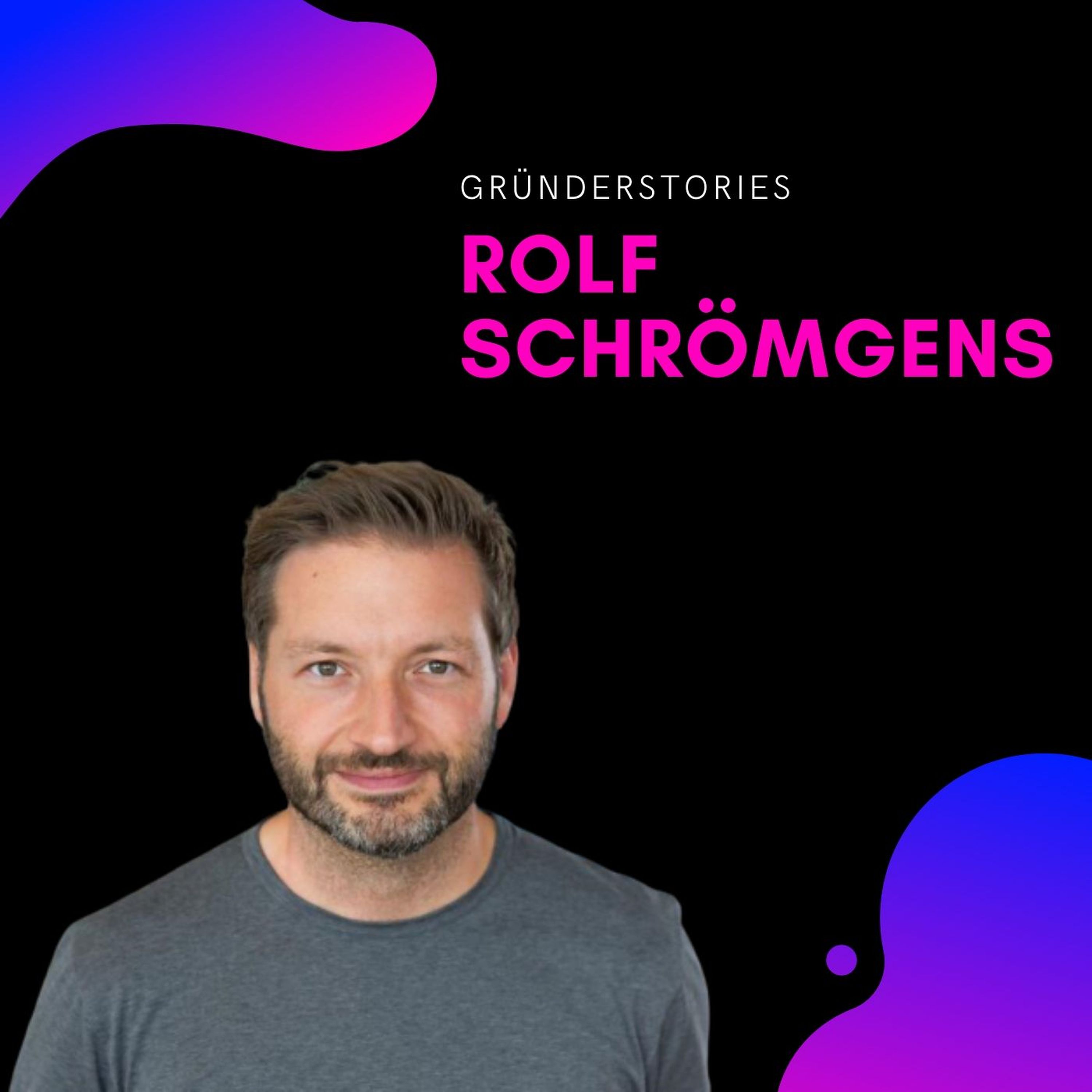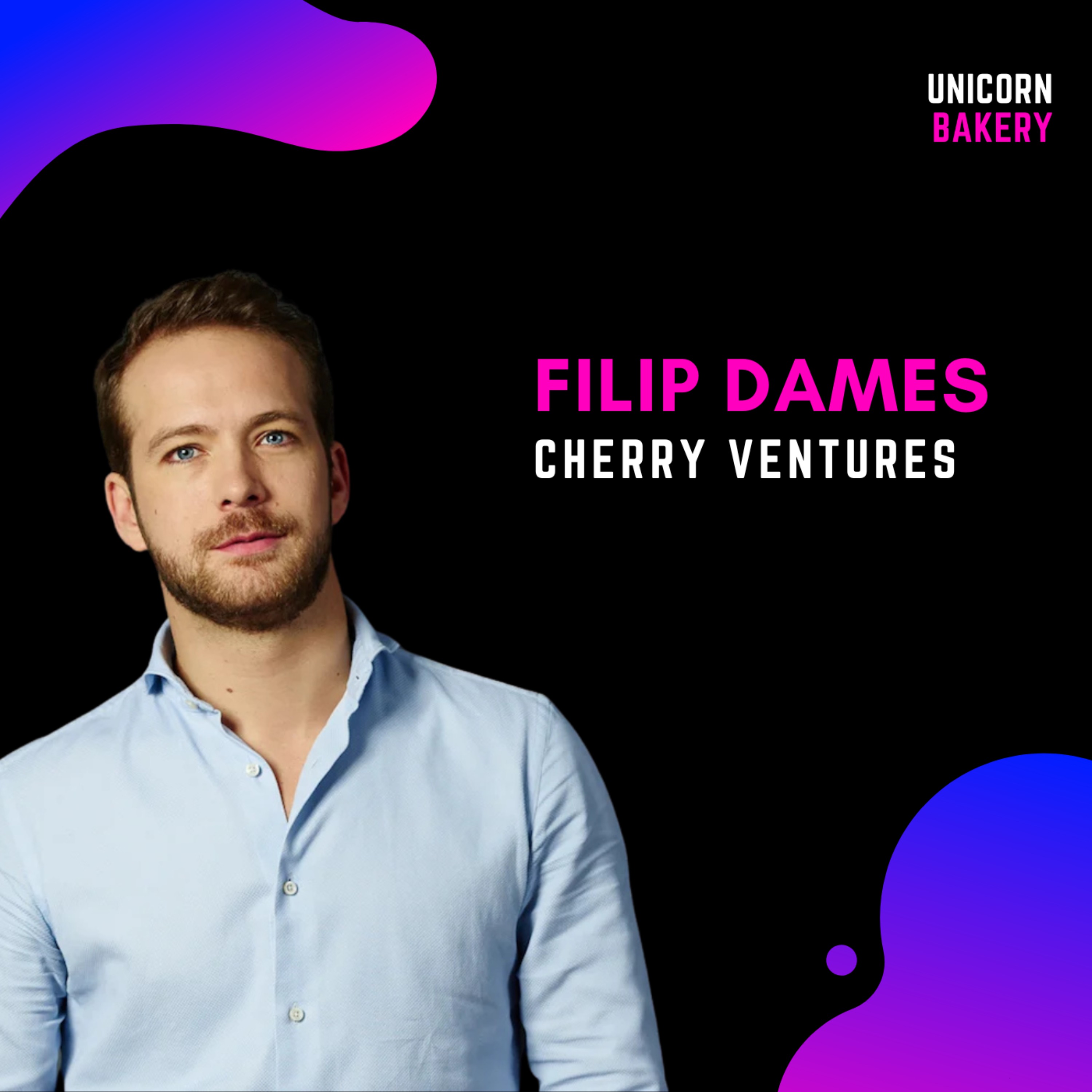Kevin Hartz's 2025 Outlook: We won’t see more IPOs & Implications of Trumps Presidency on Founders
Kevin Hartz, co-founder of Sauron, Eventbrite and Xoom, an investor in companies like Uber, Doordash, and PayPal, and one of Silicon Valley's most successful entrepreneurs, returns to the Unicorn Bakery for an insightful discussion on the future of startups and venture capital in 2025.
In this episode, Kevin shares his outlook for the upcoming year, including the industries with the most potential, the impact of generative AI, and how founders can navigate the challenges of the current market. From building lean startups to understanding the evolving IPO landscape, this episode is packed with actionable advice for entrepreneurs and investors alike.
What you'll learn:
- Why simplicity and focus will drive successful startups in 2025.
- How generative AI is disrupting industries and creating new opportunities.
- Why the global IPO and M&A market remains unattractive—and what founders should do instead.
- How to build a lean, capital-efficient startup in a competitive environment.
- How Trump taking over the White House influences the economy and Venture Ecosystem
ALLES ZU UNICORN BAKERY:
Mehr zu Kevin Hartz:
LinkedIn: https://www.linkedin.com/in/hartz/
Join our Founder Tactics Newsletter:
2x die Woche bekommst du die Taktiken der besten Gründer der Welt direkt ins Postfach:
https://www.tactics.unicornbakery.de/
Kapitel:
(00:00:00) "Be aware of dramatic changes" - Which industry will lose the most?
(00:05:55) What are the biggest changes for founders under the new government and Donald Trump?
(00:09:21) VCs will continue to throw money at startups?
(00:15:46) Why IPOs will stay unattractive
(00:20:33) How will the VC Ecosystem be affected by less M&A and therefore no paybacks to Limited Partners?
(00:22:57) AI-Predictions 2025
(00:27:23) Kevin's Advice for Founders in 2025
Kevin:
[0:00] Now there's just still really no incentive or very little incentives to be out in the public markets. Founders are kind of looking at that and saying, well, let's keep private and let's do these, you know, insider stock sales to get some liquidity to employees and investors too. But it's a conundrum for venture.
Fabian:
[0:18] Welcome to a new episode of the Unicorn Bakery. Today's guest is Kevin Hartz for the second time on the show. And Kevin and I spent some time in San Francisco talking through many of his life's work and theses and how he's investing but also building companies therefore if you want more context like the quick rundown is founded zoom with the next sold to paypal founded event fright and then invested in companies like uber doordash paypal and many others so amazing investor amazing builder now building soron and therefore and a star always always something to mention and not to forget and i asked kevin for a spontaneous recording on hey how do you as a builder and investors think about 2025 what are the thesis and bets that you're making because you're you're bringing together two perspectives for a long time and therefore it seems like it worked out for the last decades how you make thesis for yourself and i would love to share them with the rest of the founders out there so kevin thanks for joining fabian
Kevin:
[1:27] Thanks for having me back here i mean i will just say at the high level really what's important here is that you can only really count on things changing dramatically we certainly have some segments that are going to continue to expand at a breaking pace you know of AI being the kind of poster child for this, but other areas as well in defense tech and crypto and others. But we are, when I put my investor hat on, I'm looking at the earliest of stages and we're looking at the, those are companies that are in many cases not even formed yet. And you're speaking, I'm interacting with founders that are telling me how they see the future and in a particular way. And so, you know, I won't venture to make certain conjectures in certain areas of what direction AI goes or so on. I certainly in my own area of Sauron, which is a home security business.
Kevin:
[2:27] Know that we have this privatization effect happening in law enforcement and technology that's been created. Used in other areas being applied is what we're doing in the case of Sauron, but we're looking for these fresh new founders. You know, last year we started working with Ethan Thornton at Mach Industries, which is a defense tech company, and he's building a supersonic drone that can travel 500 kilometers and hit a target with high, high precision and 19-year-old dropouts. And, you know, So he really has a view for this propulsion systems for weapons and rockets and so on that is like no other. And so we really look for that inspiration from this next generation of founders. I'll name one other, Abhi from General Biological. He is taking fermentation processes to usurp or to trade out the old way of making his industrial chemicals, petroleum-based chemicals, with fermentation-based. And this is now coming into a manner that can be done economically, and it's quite exciting. And as you hear from that, those are two companies that are not AI-centric at the core. They, of course, in many ways, use generative AI or have systems employed. But the exciting thing about today.
Kevin:
[3:50] About Europe, about the United States in tech is that there are so many different platforms that are emerging, whether it's industrial biotech, like general biological or defense, like mock industries.
Fabian:
[4:02] Do you have a thesis on the industry that might lose the most in 2025? Just because you mentioned some that might rise that are not the specific AI.
Kevin:
[4:11] Well, it's pretty clear that a lot of BPO work is going to be going away. And for those that may not be aware of this, there's something called business process outsourcing. And it's kind of a funny acronym for just people doing a lot of busy work behind the scenes of checking documents and affirming notes and transcriptions and things of this nature. And there's a massive industry, a lot of it in different parts of the world, that certainly is like the low hanging fruit of the AI boom. But then you switch to where something like Eventbrite is today with our customer service chat. That's all done via a company that they started back called Decagon. And Decagon is AI customer service. So all of a sudden you see the thinning of the number of seats in a world that, you know, the old stalwarts had. You know, Zendesk and so on would really thrive at getting so many licensed seats for CRM software, you now have one seat effectively. So it just kind of radically changes the business model and radically changes the need to have, you know, these call centers full of people.
Fabian:
[5:25] Before we go into the tactical things that I could use while thinking about the exact strategy, Let's zoom out as far as possible and look at the biggest changes happening in 2025, which one of them is definitely Donald Trump taking over the White House again and then taking
Kevin:
[5:42] Over is the right expression for that. That's kind of like a hostile acquisition. I'm excited for it. I'll tell you that. I'll say that publicly. It's a really exciting sea change to see. And I interrupted you, so I'll let you finish.
Fabian:
[5:55] Oh, good. Oh, good. The question that I had is like, from a U.S. Perspective, what do you think are the biggest or are there changes happening due to change in government? And then also in the long tail that we have to talk about, how does this affect, for example, companies that start in Europe and want to expand to the U.S. And all the implications? But first of all, what are the biggest changes that founders have to think about when we think about the change of government?
Kevin:
[6:21] I think it's great for founders unequivocally, like like over the last couple of decades, we've just creeped and creeped and creeped in different mechanisms of bureaucracy into the company creation process and getting a product to market in all these different areas. And it's just become overbearing. And, you know, there is a revolution in a sense in the United States. So people saying we're sick of that. We want to see the government move quickly. And thus you see the new government coming in, the Trump White House really full of entrepreneurs that, you know, think like us and will act like us and will really drive forward with a lot of great change. And so we should we should kind of welcome that kind of change, because what we expect is things to be a lot smoother. So, for example, you know, the regulatory regimes around crypto is kind of the obvious area. But if you can just allow people to build unencumbered without all the friction that they had before, that's really going to, you know, even in absent of our zero interest rate environments now, that's that's really the best thing you can do to help grow the economy.
Fabian:
[7:35] Do you think there are immediate effects that I will see as a founder in 2025 and be like, oh, yeah, politics is changing something for me? Because there are so many founders and investors also in Silicon Valley that are like, hey, our business. Work here works because we're so far away from Washington, we can just do whatever we want in quotation.
Kevin:
[7:58] That's a great question. It used to be, you know, that we were just too small and too quiet. And, you know, when I started doing the money remittance business, you know, it was in the wake of 9-11 way back, you know, when we were helping immigrants send money back to their families. And we were hyper aggressive in how we interpreted the regulations. And, you know, as time progressed, and we grew bigger, the regulatory bodies did step in, and we had to comply, and we did comply. But I don't think, you know, I think a lot of companies don't get off the ground today, because the regulatory regime is so overbearing. And, you know, I, I guess what I would say on the, yeah, the regulation side is just that now it's so visible, social media, Mark Zuckerberg, you know, Coinbase and so on. It's so visible that it's the first thing on the, in the minds and hearts and minds of the legislature of Congress, you know, the White House, it's tech has become so mainstream that, that you immediately want to like step in and, and try to make things better. But we need to kind of pause from that, step back and rethink about how we curtail entrepreneurism it's what's really driven the economy over the last few decades outside of oil and gas and things.
Fabian:
[9:21] With changing government and also like we have to look at economics and then i would say let's let's put on and use a scale from like very efficient growth to hyper growth and money is everywhere and is pretty much free and we just invest, invest, invest. Where would you say are we or might we end up in 2025? If we look more like the very efficient route or more like money will become more out being out there and being like in quotation marks thrown at companies
Kevin:
[9:52] Money is being thrown to companies it's good in many ways you know we've never been in a period where there's so much ability to capital create new businesses and drive innovation and that's very exciting we just have to be careful of you know the downside of that is the founder must maintain their own like it's if they're taking a lot of money and it's at high valuations and you're not having to give up board seats and you don't have as much accountability because the investors don't own as much and aren't going to really push in to make changes. One just has to rely on themselves to build the business. So that's the trade-off with the abundance of capital in the markets today.
Kevin:
[10:34] I've unfortunately seen a lot of companies with a lot of potential just not have the checks and balance does not have the mentorship and veer off the path that happens more often than not we certainly hear about the winning cases the companies that are not you know the park and hiring perfectly and have gone through all these different challenges but the the double-edged sword of the abundance of capital is just making sure that as a founder one can find great folks around that are incented to help if one feels that they need it. There is a small select group of founders that can make all the decisions from day one on their own, even at a very right young age. In my experiences of bringing two companies from Xero and into the public markets, it was a lot easier, a lot more helpful to me to bring in other voices and have people helping there. So that's the tradeoff of lots of capital versus scarcity of capital.
Fabian:
[11:37] Would you say it becomes cheaper to build a venture due to, for example, all the AI tools that I can use right now early on already?
Kevin:
[11:47] Absolutely. That's a great question. A number of years back, a friend of mine, Max Lepchin, posted a piece on, you know, when will we have the first one-person billion-dollar company? And it must have happened. But, you know, we have so much infrastructure now. We have all these different ways to obfuscate all the things. You know, in the 90s, you used to have to carry servers into a server, into a co-location facility and set them all up yourself. And everything's being obfuscated. All these different services allow you to really focus on the core part of your business, and they can be done insanely capitalistically. That's one way to approach a business. I would say that was more in the kind of like Zoom and Eventbrite. We were trying to create like a perpetual motion machine, in a sense, that can just kind of run on its own. In the case of Eventbrite, you can, as an event creator, go to Eventbrite, create an event, list it, promote it, sell tickets. It's been the whole thing and, you know, nobody really needs to be involved. It's, you know, it's all engineered and it's all self-service and automated. In the case of the business I'm building today, Sora on home security, that's a combination of hardware, software, services, people. It's a complex business that in that case, you know, the challenge is the complexity of the business. It also makes it hard to replicate, but that's a business that will require more capital than, you know, say some of the AI businesses building atop of Anthropic or OpenAI.
Fabian:
[13:16] Does this also mean that when we look at, like, let's say the more typical software company... Does this also mean that you as an investor think, hey, I can give them less money and expect the same outcome that I did like five years ago?
Kevin:
[13:30] I hope that's the case. You know, we all we all hope that's the case. I think that it's really the founder that should decide or should know and maybe new consultation and so on of how much capital to take on. You don't want to overcapitalize the company, but you don't want to end up in a tough spot where the capital is low and you're forced to raise because that puts you in a position on your heels, on your defense. And so managing, you know, the capitalization of your businesses is very important and it can be done with less capital. But I just see out there when rounds are being done, the founders, you know, are, you know, especially since the valuations are higher, are adding some some amount on just, you know, and thus experiencing the same dilution, I think is where you're maybe seeing that happen the most.
Fabian:
[14:21] I mean, the other side could be I give them the same amount of money and just hope that or expect the same, like more outcome linear in linearity to how much money I gave them compared to what it was and what the buying power was like five years ago, for example.
Kevin:
[14:38] Yes. We always have to remember that in startups, it's very hard. And then the majority of those will not make it. Like I had mentioned a company called Decagon that we backed, Ashwin Srinivas, the co-founder, he was at Palantir. And then I backed his company after he left Palantir, didn't make it, supported him with his next company, didn't make it, started Decagon, really took off. So I think one you just have to remember is that most of these companies don't go on, But in the case of the companies that do endure, that do sustain growth and break out, they are able to do it with relatively less capital.
Fabian:
[15:24] How do you think the M&A and IPO market will develop in 2025? It was quite dry during the last years. We saw 2024 a smaller uptick again and had the first IPOs again and M&As again that were significant. What do you think? How does 2025 turn out?
Kevin:
[15:43] I think we just unfortunately can't rely on that on IPO and M&A markets. There's not much incentive to go public. I used to always point out with this quote that John Doors from the 90s is six quarters of increasing revenue growth and the company should go public. Like, so there was a period of time where companies, you know, you just get pushed out of the nest and companies were going public on a more frequent and earlier basis. And it's just gotten later and later. And now there's just still really no incentive or very little incentives to be out in the public markets. You know, I'm obviously tainted with it's been a rough, a little bit of a rough ride with Eventbrite, which is cash flow positive, 350 net revenue. Did something like $5 billion in tickets as a public company, and the stock's down quite a bit. And so I think founders are kind of looking at that and saying, well, let's keep it private, and let's do these insider stock sales like a SpaceX or like a Sonos, if you remember that company used to do it. Just how do you do regular kind of stock sales to get some liquidity to employees and investors too, but it's a conundrum for venture investors. There's the exits are all kind of locked up and on the...
Kevin:
[17:06] Acquisition side oh my god like it's terrible like uh google meta like all the companies that should be swallowing up you know doing the tuck unders and so on just aren't doing them they're just not happening and that's a lot of the regulatory regime of this concert of looking like a monopoly and which most of these companies are monopolies let's not get it wrong but so there's been very little on the M&A side as well. So that's bleak, but you build a great company and you'll have lots of options. And that's really, you have to look at your own individual use cases, just you'll have many options as time progresses.
Fabian:
[17:48] From your perspective, what would have to change for the IPL markets to become more attractive?
Kevin:
[17:54] One is that the markets shifted in a way that don't favor small caps. So, you know, because we have this magnificent seven, you know, NVIDIA and Meta and Microsoft and so on, you know, these like just astounding size ownership, you know, billions and hundreds of billions and of dollars of ownership by the institutional investors in the public markets. And, and, You know, like they're not interested in a $25 million allocation and a new company or a $50 million allocation and they want to put more money to work. And so, you know, the Fidelity's and T. Rose and Bailey Giffords and all these, you know, they've just seemingly grown so large. They don't seem to me to care as much about the new allocations, the new IPOs. And so it feels like there needs to be a new set of investors for that stage that wants to take that on. And I think it's a very attractive side, but it just doesn't work as well right now in the public markets. I think that's a very big one. The cost of going public and maintaining a public company with Sarbanes-Oxley, the regulations and so on, I hope those get all reset because it's expensive to operate as a public company. That's another side of things that's pretty important there.
Fabian:
[19:16] Can you share a ballpark number of like going public and then maintaining it for, let's say, or annual like maintaining costs, knowing it changes, but like from an event practice perspective or Zoom and like compare that?
Kevin:
[19:29] Yeah, I don't want to misquote it. I want to be precise and I don't recall exactly those numbers, just that it impacts earnings. It has an impact there and it's significant versus staying private. And there's all the other sides of being public and maintaining the relationships with various investors and aspects that pull at one's time and resources besides just the dollars.
Fabian:
[20:00] How do you think the venture industry, especially the VC side of things and limited partner side of things, will be impacted by companies? Less M&A and continued decrease in M&A activity and IPO activity, given that not much liquidity is going back into the funds and then to distribute it to the limited partners, therefore also meaning they have to think about where am I overinvested in VC and can I redeploy in the next fund, et cetera, et cetera. You have to think about it with ASTAR as well.
Kevin:
[20:32] The good news is that the top funds, the highest echelon, the top decile of funds, We'll always have such quality companies that it's a bummer. The liquidity is painful, but with the best firms producing the vast majority, the kind of power law of winners, that kind of overcomes it. There's just so many companies that are just stuck in any private sort of purgatory. You know, there needs to be something done there. There needs to be a way to better facilitate some type of trading out of stock of investors over certain time periods because most funds are established to be on a 10 year basis. And the fact that it's going that they have to be extended past that is is unfortunate. It needs to be fixed. and we need to find a way to be more vibrant with these companies the companies need to be able to turn over their shareholders to that you know that next level of shareholder when the time is right and not just be part in their original investors from 10 years prior okay.
Fabian:
[21:40] Interested in how this will change over time and like if it's solved how it's solved like it will be solved it's a if it's a problem it will be solved we just don't know how yet
Kevin:
[21:49] But i think somebody very creative, Fabian will come up with a very creative way, a new type of secondary market. And I haven't been creative enough to figure out what it is, but I hope some listener out there goes at it because it's a really big problem.
Fabian:
[22:07] Let's use the last five minutes and also talk about a bit more in depth on the AI topic that's always in the room right now. So how do you think about AI at the moment? What are you observing? What are you like, hey, I'm bullish on this, I'm bearish on this. How do you currently observe it?
Kevin:
[22:26] I mean, I always go back to platforms, is that in markets like the current one, there's a new platform, there's this revolution of the transformer, the innovation of the transformer, published by the Google team, and, And ChatGPT was born from this. And we see OpenAI, we see Anthropic, we see Mithril in Europe. We see a number of now foundational model platforms for developers to build on top of. And that is what drives a really great venture cycle is a very great platform that it's just the sky's the limit. Like if you think about the different ways consumer and enterprise and SaaS and security that AI can be used, as we know, it's so it's mind bogglingly broad and it's so exciting to see new companies come to us every day with new and thoughtful ways that we would never thought of. And so that's just such a healthy sign.
Kevin:
[23:33] And this comes out of, you know, in tech, you have, you know, in innovation, you had like the Netscape browser and Mark Andreessen, you know, launched in the web internet first 1.0 revolution was launched or you have the iPhone came out and you had apps like Uber and Airbnb and all of a sudden, you know, massive growth on that. This is just like another granddaddy like is this like the granddaddy of all platforms the open ai platform the anthropic platform it's very exciting there's a lot of competition on the foundational model side which we like because we want to see innovation price checking things not get too expensive for those that are building on top of it and so we just have all the right ingredients for a very exciting five years we're going to end up in a bubble we always do It's a mentor of mine, Dick Crumley, explained capitalism is like a pendulum. It's always swinging back and forth. It's never just right in the middle in a kind of metered pace. It's always either boom or bust. And so we're swinging towards that boom stage. And at some point, it'll be overdone. But like the internet, there was a period where in the 2000s, Amazon was thought to be a fraud and a fake and the internet was dead and all this sort of stuff. And we know how big it is now.
Kevin:
[24:59] AI will live up to everything in its hype and more. It'll just appear in a different way at a different time period than we all thought.
Fabian:
[25:07] Do you observe, does the time between boom and bust get faster over time? So it's like more, does the pendulum swing faster or slower or the same pace throughout the years and decades?
Kevin:
[25:21] It's a great question. I think it does accelerate. And the reasoning is, is that just things moving at the speed of light. You you have a more global audience you have you know like tightened communication so if you think about like some of the building blocks to the internet you know cisco created the router and it took years you know for that to all go into place but it built the underlying pipes for you know the internet and so on and then you know and and so these these phenomenon have come by and and have taken time but but now as we build on top of these new phenomenon you know i see it accelerating and and i see that as exciting so you know we might find some new new area that we hadn't even thought of in 2025 emerged and emerged very quickly and much faster than we've seen of platforms in the past i built on top of the paypal platform that was the platform that i you know first really got my companies into orbit zoom and then event bright and that was very important that phenomenon what.
Fabian:
[26:27] Would be your advice for founders going into 2025 as some famous last words
Kevin:
[26:33] Founders out there should really have a thesis for their business and and how the world will work over the coming years and how their business will thrive in that environment and then just stay firm to that it's you know if you if you don't run out of money and keep driving forward with persistence you know it's it's hard like there's a lot of ups and downs but being persistent and you know going through like the times where it feels like everyone else is growing at hyper speeds except you it just takes time to set things up usually for fast growth but the persistence is the key part thank.
Fabian:
[27:11] You kevin thanks for sharing all your perspectives
Kevin:
[27:13] Thanks Fabian. Enjoyed being.












